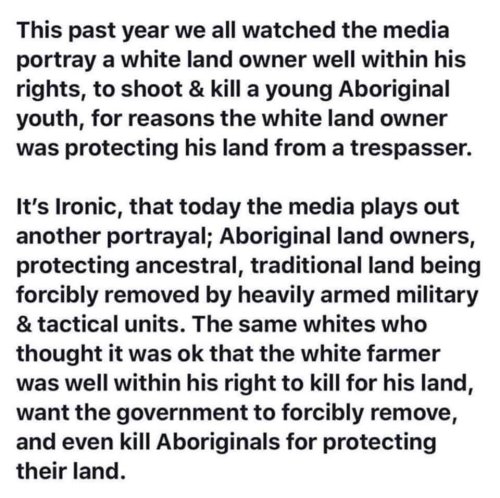I’m probably shouting into the void here (Do I even have followers who aren’t bots? Signs point to no…) but Lord of the Rings is never far from my mind and I’ve been having a few thoughts about Bree that I wanted to try to get down.
What strikes me is just how unique Bree-land seems to be when you compare it to other places in Middle-earth. It’s not a kingdom or a formalised realm with a named ruler like Gondor, Rohan, Lórien, or the Woodland Realm in Mirkwood, and it’s not a kind of city-state under the authority of a mayor or a master either, like Laketown. Nor do it’s people fit into another category often found in Tolkien, that of the wandering band of exiles (Beren, Thorin & Co., the Rangers of the North).
It was a part of Arnor, of course, and becomes part of the Reunited Kingdom during the Fourth but inbetween there doesn’t seem to be much central authority or government at all. Is there a mayor or some kind of council of town worthies we don’t see? Presumably somebody has to organise the watch on the gates that Harry Goatleaf is part of. And do the outlying villages such as Combe and Archet have their own laws and governance? We just don’t know!
The thing that I think is most interesting about Bree-land though is that it’s the only place, at least that I can think of, where you have two different races living side-by-side: men and hobbits. There are obviously plenty of examples of co-operation between races, particularly elves and men, going right back to the First Age. But none these examples actually involve elves and men or dwarves living together in the same settlements. Which makes sense, given longstanding feuds between elves and dwarves and different lifespans etc.
By contrast though there seems to be a lot of intermingling in Bree. I think there are some villages which are said to be predominantly populated by either men or hobbits, but it’s implied that the two populations live together without any major problems. The Prancing Pony, for example, has rooms built specially for the use of hobbits and hobbits work there. Barliman Butterbur seems to know quite a bit about about the lifestyle and preferences of hobbits.
To be honest I don’t really have much of a point here but I just think Bree has a lot of interesting wordbuilding potential and I feel like it should get more attention from the fandom!


